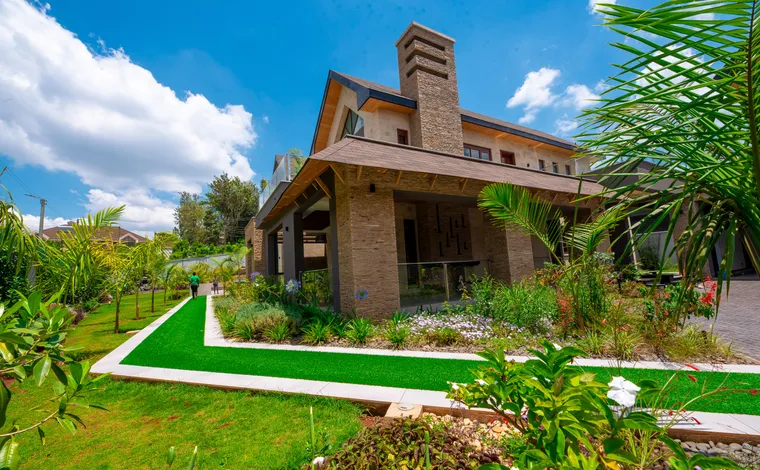How to Buy a House in Nairobi, Kenya
Nairobi, Kenya’s bustling capital, is a top destination for homebuyers—whether you’re a local professional, returning diaspora, or foreign investor. With modern estates, gated communities, and growing infrastructure, buying a house in Nairobi offers both lifestyle and investment potential. But navigating the market can be tricky without the right knowledge.
Step 1: Set Your Budget & Secure Financing
Nairobi’s housing prices vary widely:
- Apartments: KSh 5M – 25M ($35,000 – 180,000)
- 3-Bedroom Houses: KSh 15M – 60M+ ($110,000 – 450,000)
- Luxury Homes (Karen, Runda): KSh 100M+ ($700,000+)
Financing options:
- Banks: Equity, KCB, Co-op Bank offer mortgages (up to 80% loan-to-value).
- SACCOs: Often lower interest (e.g., Mwalimu, Stima SACCO).
- Cash buyers: Have stronger negotiating power and faster closing.
💡 Tip: Get pre-approved for a loan to know your range and move quickly on good listings.

Step 2: Choose the Best Neighborhood For a House
Nairobi has diverse areas to match your lifestyle and budget:
| Karen | Families, expats, green spaces | KSh 50M – 200M+ |
| Runda | Security, privacy, upscale living | KSh 60M – 150M+ |
| Lavington | Convenience, shopping, schools | KSh 30M – 80M |
| Westlands | Professionals, modern apartments | KSh 8M – 40M |
| Lang’ata | Affordable family homes, nature | KSh 20M – 50M |
| Gigiri | Diplomats, international schools | KSh 40M – 100M+ |
| Syokimau | New developments, value for money | KSh 15M – 35M |
Consider security, access to roads, schools, hospitals, and future development plans.
Step 3: Hire Trusted Professionals to look for a House
Never buy property alone. You need:
- Licensed Real Estate Agent: Finds verified listings and negotiates price.
- Property Lawyer: Conducts due diligence and handles legal transfer.
- Valuer (optional): Assesses market value before purchase.
Verify credentials via the Law Society of Kenya (LSK) and Institute of Surveyors of Kenya (ISK).

Step 4: Conduct Due Diligence (Avoid Scams!)
This is the most critical step. Your lawyer must:
- Perform a land search at the Ministry of Lands.
- Confirm the title deed is clean (no disputes, liens, or fraud).
- Check if land rates and service charges are paid.
- Verify the seller is the registered owner.
⚠️ Red flags:
- Seller refuses a land search
- No physical property or fake developer
- Pressure to pay cash quickly

Step 5: Sign Agreement & Transfer Ownership
- Sign Sale Agreement – outlines price, deposit (10%), and terms.
- Pay deposit into escrow – not directly to the seller.
- Complete payment – balance paid upon transfer.
- Stamp duty & fees – 4–6% stamp duty, legal fees (1–2%).
- Registration – takes 4–12 weeks at the Lands Registry.
Once done, you’ll receive the updated title deed in your name.
Key Tips for Buyers in Nairobi
- Focus on gated communities for security and amenities.
- Avoid “off-plan” projects from unproven developers.
- Use escrow accounts for all payments.
- For foreigners: You can buy on leasehold (up to 99 years), not freehold.
- Check water, electricity, and sewer access—common issues in new areas.
Frequently Asked Questions (FAQs)
Q: Can a foreigner buy a house in Nairobi?
A: Yes, but only on leasehold basis (long-term lease). Freehold is generally for Kenyan citizens.
Q: How long does it take to buy a house in Nairobi?
A: Typically 6–12 weeks, depending on financing and Lands Registry processing.
Q: What documents do I need?
A: National ID or passport, KRA PIN, proof of income (for loans), and bank statements.


